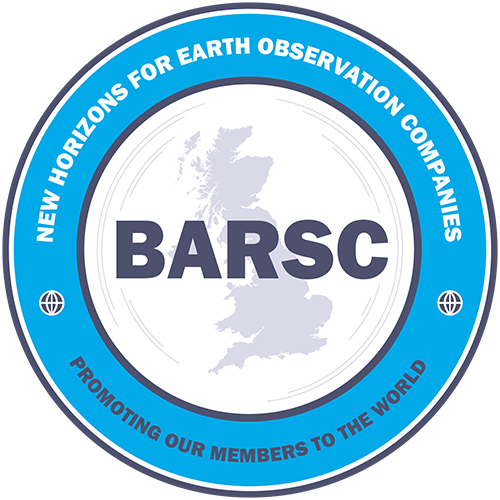7th – 8th July 2011, University of Durham.
The NERC Earth Observation Technology Cluster and RSPSoc are proud to present the final programme for the UAV SIG Workshop, University of Durham, as follows:
Thursday 7th July 2011
Introduction to the NERC Earth Observation Technology Cluster, by Dr Paul Aplin.
The Keynote Address on ‘Rangeland monitoring using imagery from unmanned aerial vehicles’ by Dr Andrea Laliberte.
We are honoured that Dr Andrea Laliberte, of US Department of Agriculture and New Mexico State University, will deliver this year’s Keynote Address. After her B. S. Degree in Natural Resource Science, at University College of the Cariboo (now Thomson River University) in 1997, Andrea completed her M. S. degree in Rangeland Resources at the Oregon State University in 2000, and her Ph.D. in Forest Resources at Oregon State University in 2003. Andrea is a leader in the field of object-based image analysis (OBIA) with high spatial resolution imagery. She has developed algorithms and applications in this area, and has improved techniques for scaling remotely sensed information to ground-based measurements using sound scientific principles. Currently, she is leading cutting-edge research into the use of unmanned aircraft systems (UAS) for rangeland remote sensing. Under her leadership, the Jornada Experimental Range has established itself as a well-known presence in the application of unmanned aircraft remote sensing for natural resource applications. Andrea’s other related research includes the development of remote sensing monitoring tools for the U.S. National Resource Inventory (NRI) in support of the Conservation Effects Assessment Program (CEAP).
Instrumentation for UAV Platforms: by Pablo Zarco-Tajada, Daniel Donoghue & Robert Content, and John Ferguson.
Practical demonstrations by SmartPlanes, Blue River Studios, 360 Global Ltd., Helipix and sUAVe Aerial Photographers.
RSPSoc Annual Lecture and Conversazione: ‘High resolution hyperspectral and thermal remote sensing from UAV platforms for stress detection and vegetation monitoring’ by Dr Pablo Zarco-Tajada
We are delighted to announce that Dr Pablo Zarco-Tajada, Director of Institute for Sustainable Agriculture (IAS), Spanish National Research Council will be delivering this year’s Annual Lecture. Pablo obtained an Agricultural Engineering Degree from the University of Córdoba (Spain), a Masters Degree in Remote Sensing from the University of Dundee (Scotland, UK), and a Ph.D. in Earth and Space Science at York University, Toronto (Canada). He works with airborne CASI and AVIRIS hyperspectral data to estimate leaf biochemical and canopy biophysical variables through leaf and canopy modelling, and the effects of chlorophyll fluorescence on leaf apparent reflectance through Radiative Transfer Modelling. He was a Postdoctoral Researcher at the University of California , Davis , working with MODIS satellite for vegetation water content estimation using leaf and canopy models. He is currently at the Institute for Sustainable Agriculture (IAS), Spanish National Research Council (CSIC), where he works with AHS, ROSIS, Hyperion, AVIRIS, CASI, HyMAP and MERIS sensors over forest and agricultural canopies for pigment, nitrogen, water content and LAI estimation. His main interests are related to applications of remote sensing for vegetation stress monitoring, water stress detection with thermal imagery, and precision agriculture.
The RSPSoc Dinner at Collingwood College will be hosted by Dr Samantha Lavender, Chair of RSPSoc.
Friday 8th July 2011
Applications Session 1 with talks by Alex Clayton and Olle Hagner.
Science Applications Session 2 with talks by Philip Anderson and Seung-Keun Kim.
Two parallel group discussions and a round table discussion will conclude the workshop.
You can see more information and the provisional programme on the RSPSoc website

